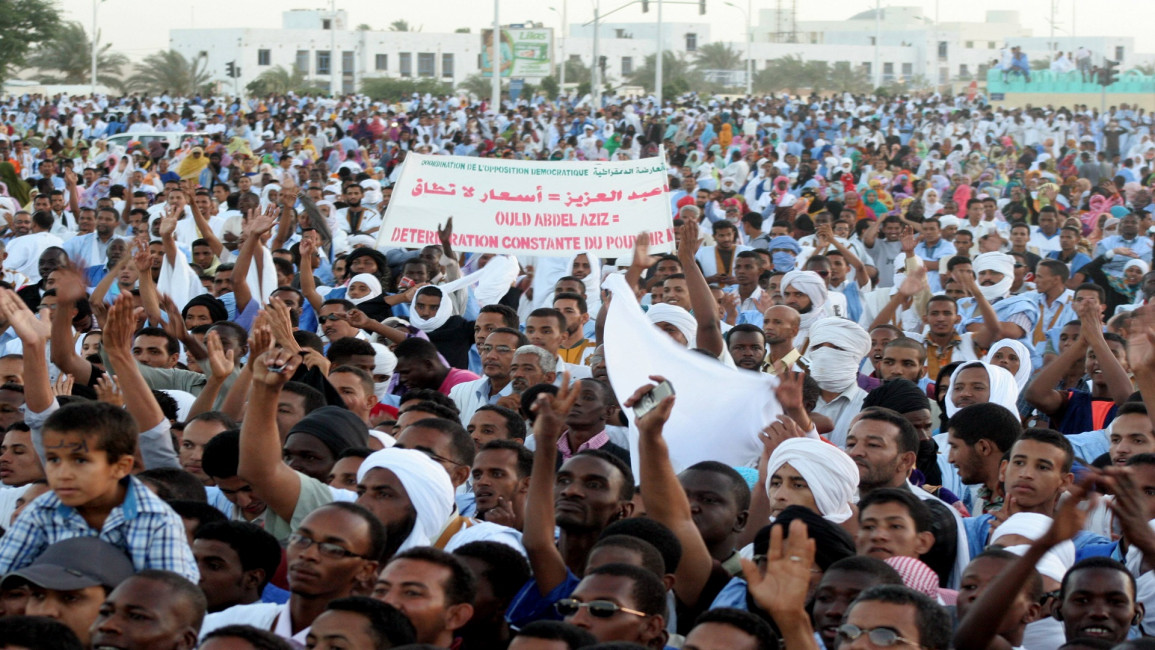Mauritania delays appointment of Muslim Brotherhood opposition leader
NOUAKCHOTT: Al Hassan Ould Mohammad is the leader of the largest opposition party in Mauritania, but his official appointment as “leader of the opposition” has been subject to delay.
Mohammad’s supporters in the National Movement for Development and Reform, also known as Tawasul, are growing increasingly frustrated at what they call the “procrastination” of the government’s Constitutional Council.
The leading opposition party is constitutionally permitted to appoint its own leader, a decision put in place by Mauritania’s former ruler, Side Mohammad Ould Al Sheikh Abdullah. However, since President Mohamed Ould Abdelaziz took office following a 2008 military coup, tensions have grown between government and opposition groups, culminating in an opposition boycott of the 2013 presidential elections.
Deterioration
Figures close to Tawasul report the deadlock is part of government efforts to limit opposition to the president’s new “national unity” campaign.
“Obstructing the institution of an opposition leader is an official decision,” said Sayed Ahmad Ould Bab, a political analyst with connections to Tawasul. “The current regime, ever since the overthrow of the elected authority in 2008, has established a powerful base to violate most of the laws in force in the country.”
Relations between Tawasul, the political wing of Mauritania’s Muslim Brotherhood, and the government deteriorated in March, when the Ministry of Interior withdrew the license of the Islamic Al Mustaqbal Association, a group closely linked to Tawasul. This was seen by many analysts as an attempt to suppress Muslim Brotherhood activities in the country, and was understood to have been strongly supported by officials in Saudi Arabia – known to be hostile to the Brotherhood, and a key ally of President Abdelaziz.
Saudi Arabia has been working with other Arab administrations, such as Egypt’s, to limit the influence of the Muslim Brotherhood. This has put it on a collision course with Qatar, which also has frosty relations with Mauritania, particularly due to the Gulf state having hosted ousted Mauritanian president Muawiya Ould Tayeh.
This article is an edited translation from our Arabic edition.


![President Pezeshkian has denounced Israel's attacks on Lebanon [Getty]](/sites/default/files/styles/image_684x385/public/2173482924.jpeg?h=a5f2f23a&itok=q3evVtko)



 Follow the Middle East's top stories in English at The New Arab on Google News
Follow the Middle East's top stories in English at The New Arab on Google News


